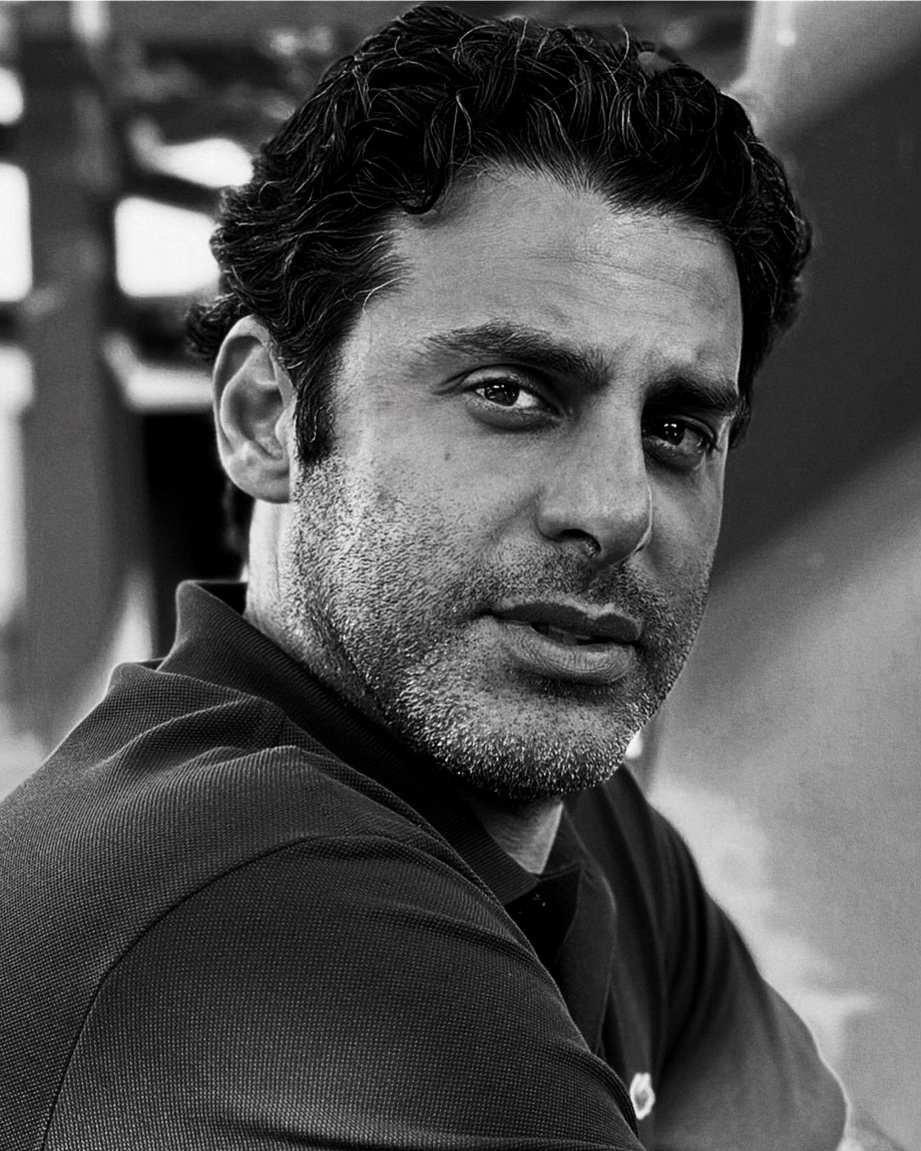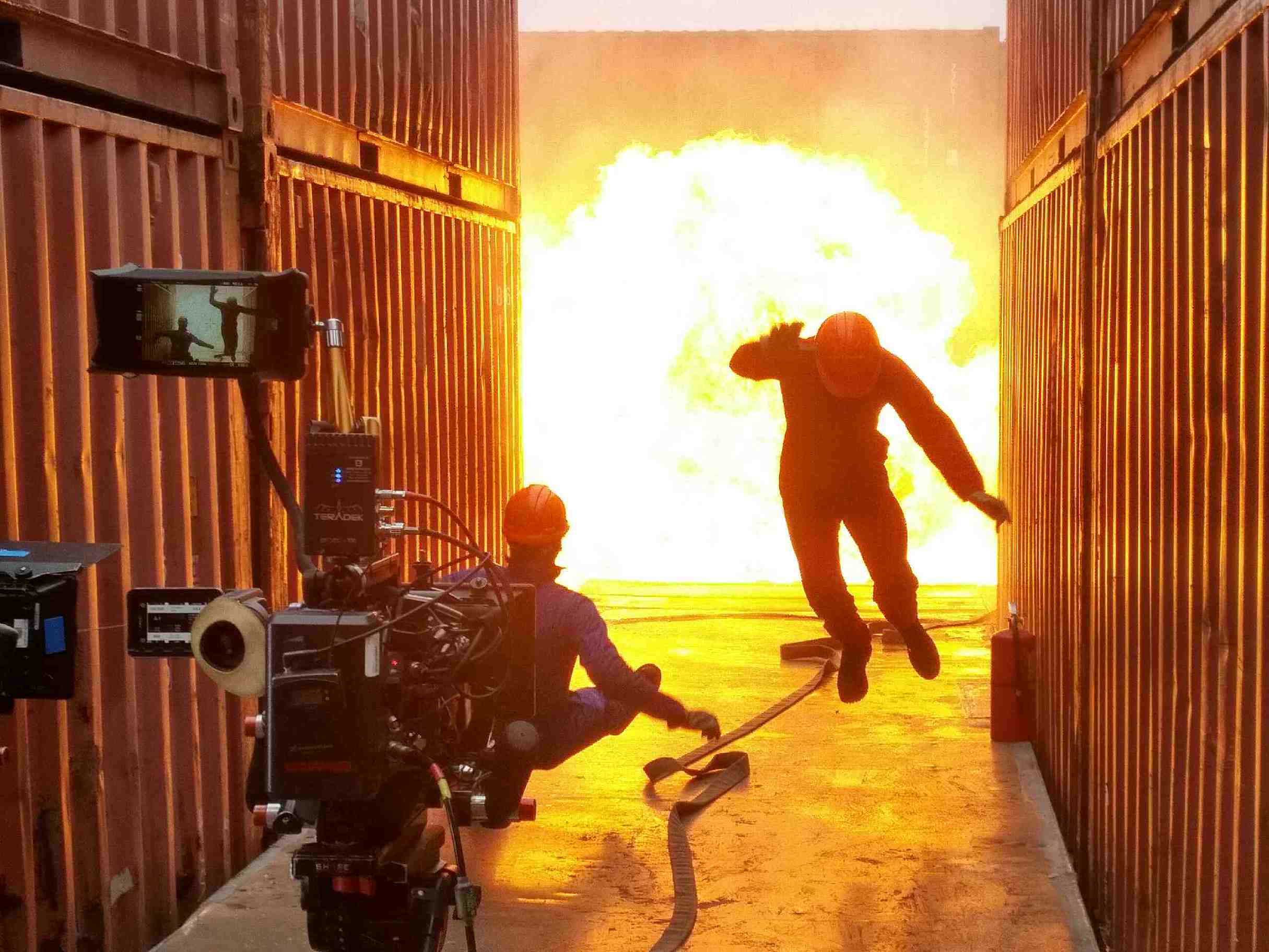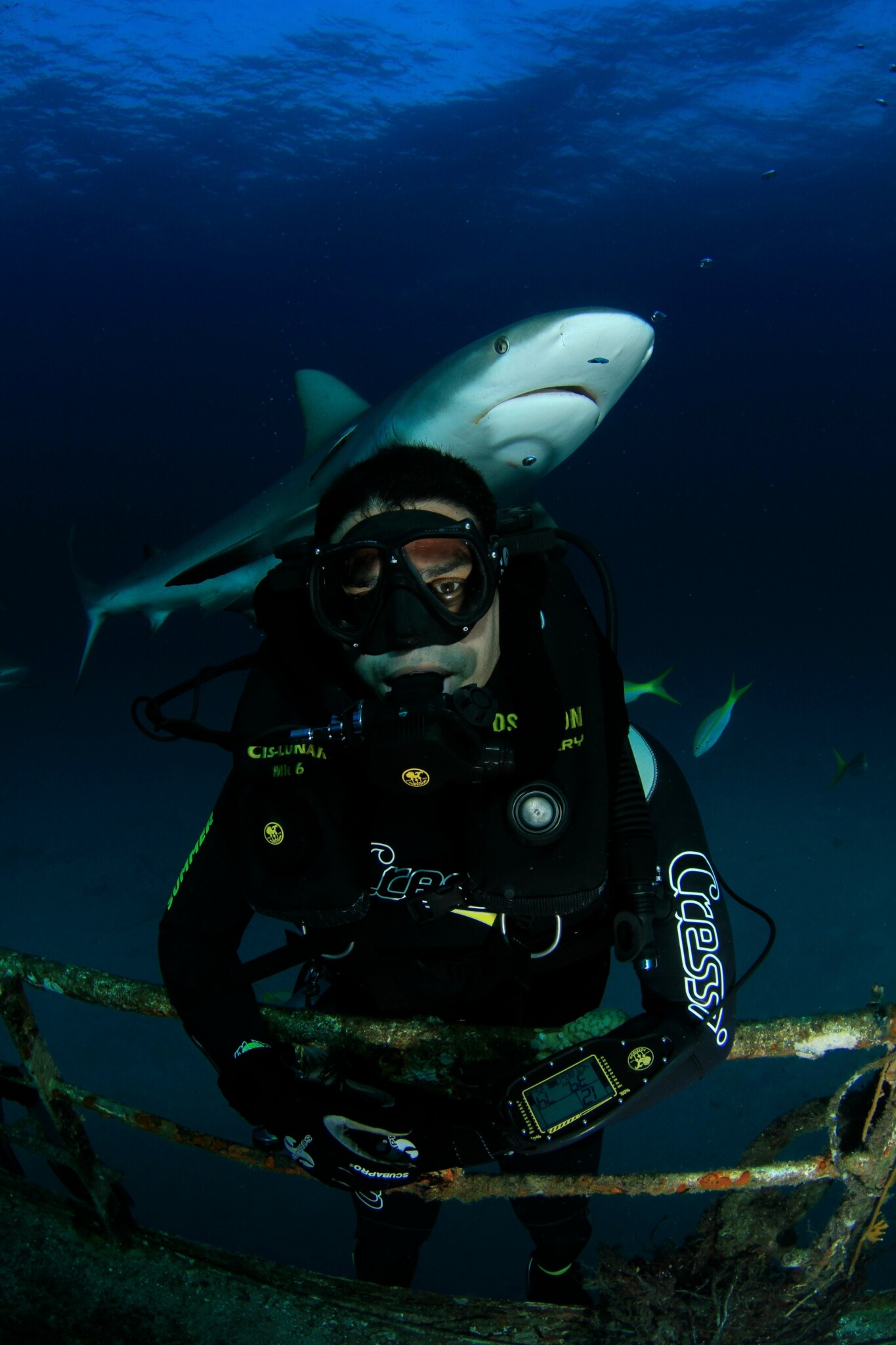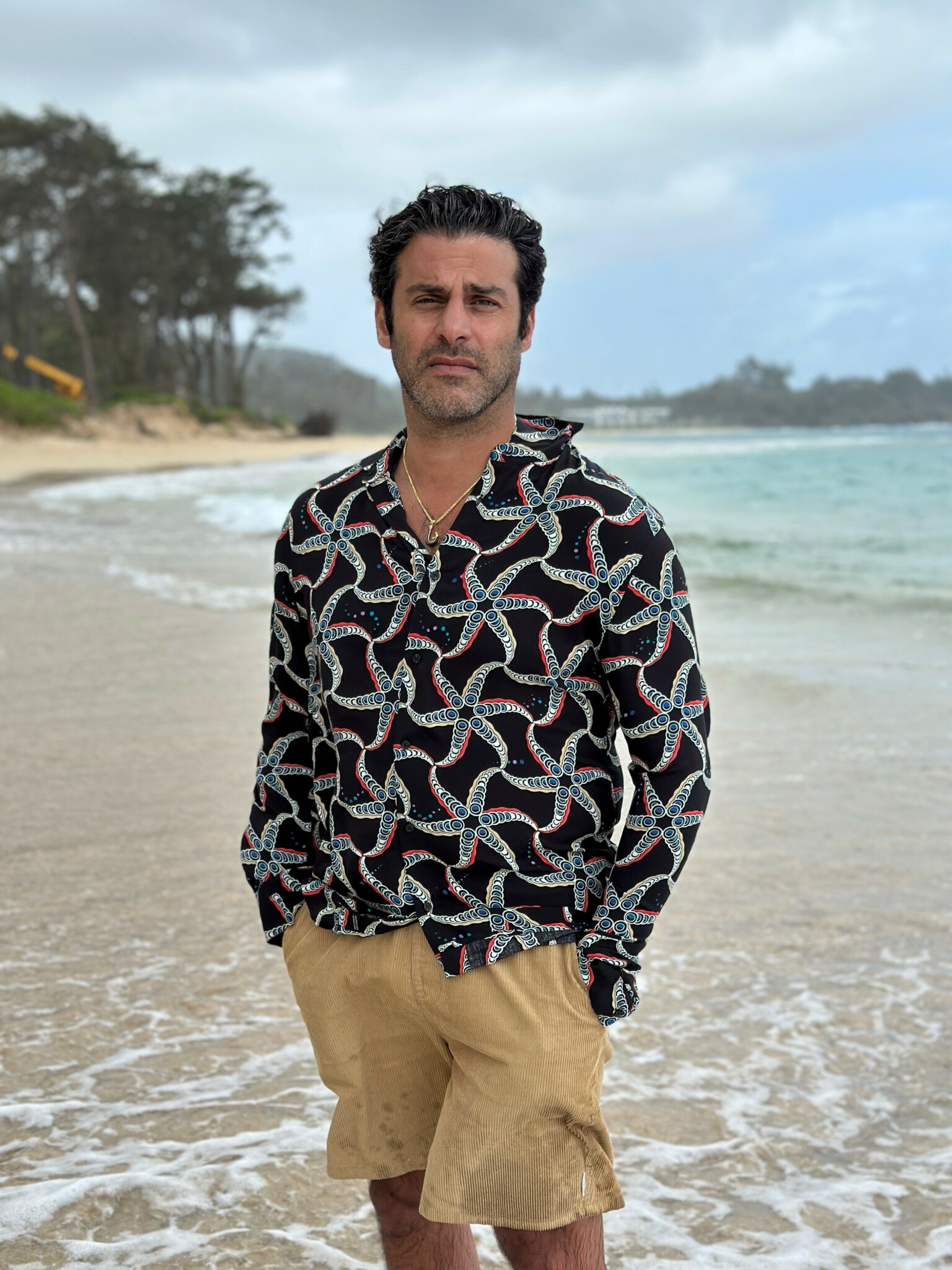We were lucky to catch up with Moody Shwales recently and have shared our conversation below.
Moody , looking forward to hearing all of your stories today. Was there an experience or lesson you learned at a previous job that’s benefited your career afterwards?
My first vocation in life was soldiering. I served in the Army in a front-line unit. The lessons I learned there, which can be applied to all walks of life, could fill a book. The most fundamental of these is: Do your job!
Sounds simple, right? Yet it’s something many people don’t apply correctly. It boils down to focusing on your task and not being concerned with what others are doing. It’s not about looking for ways to show everyone how clever you are at the expense of your peers, worrying about who gets credit in the event of success, or trying to avoid blame in the event of failure. If we all apply ourselves to the task at hand with focus, effort, and professionalism, the team will succeed—whether it’sa military mission, a multimillion-dollar film production, or an elementary school play.
My time in the military was a series of challenges, each one harder than the last. It taught me that lofty goals require lofty standards, and everyone must be held accountable to those standards. All the natural talent in the world won’t help you if you aren’t organized, disciplined, and giving your best effort. Decisiveness can often outflank intelligence, and you can’t shy away from making decisions. You must accept that you’ll make mistakes—because that’s the catalyst for growth. I’vefound that the best lessons I’ve ever learned were taught by failure, not success.
I believe my success in the film business has come from my integrity, my ability to build teams that work well together, and my willingness to put the best idea forward, even if it wasn’t mine. These were all lessons I learned early in my military career.
I will always be grateful to my Platoon Sergeant, Jim Fitzwater, and Section Commander, Corporal Simon Dawes, two legendary paratroopers who helped mold me into the man I’ve become.

Moody , before we move on to more of these sorts of questions, can you take some time to bring our readers up to speed on you and what you do?
The truth is, I fell into the movie business by accident. When I retired from the military, I, like many veterans, bounced around and struggled to settle into civilian life. I worked in corporate security, construction, and at the airport—none of it really fit. One day, I met a guy who worked in film. Like many in our industry, he took on other jobs when film work was slow, which is how he ended up working with me at the airport for a few weeks. Eventually, he went back to film, and I didn’t give it much thought—until a month later when he called me out of the blue.
He was working on a production that was short-staffed and asked if I’d be interested in coming out as a production assistant for a few days. Since I didn’t have much going on, I figured it was worth a try. I must have done a good job because they kept asking me back. Fast forward a few months, and the stunt coordinator, Robert Racki—who was a veteran and former law enforcement officer himself—struck up a conversation with me after hearing I was also a veteran. He was looking for guys who could realistically play soldiers in an upcoming miniseries and asked if I’d be interested. Playing a soldier for a lot more money than I ever made as a real soldier? That was an easy decision. I must have done well because they kept me on, and that was the start of my stunt career.
I will always be grateful to Robert for that opportunity. Breaking into this industry is incredibly tough, and I was fortunate to get my start as a stunt performer. Despite the pain and occasional injuries, I had a lot of fun and made a good living. I’m also grateful to Branko Racki, one of the most respected stunt coordinators in the world. He and Robert taught me a great deal about this business and how to navigate it safely. In fact, Branko was the first person to tell me I would be a movie producer one day. We were discussing the best way to handle a situation, and after hearing my take, he told me on the spot that I’d be producing one day—he saw how my mind worked. At the time, I laughed it off, thinking he was off his rocker. But here we are.
For most of us, stunt performing has an expiration date—your body can only take so much. That was the case for me. Fortunately, I got the opportunity to move into Unit Managing and then Production Managing. One day, I was on a production where the producer quit. It had been a stressful shoot, compounded by the challenges of working through the COVID pandemic. While waiting to find out who my new boss would be, I got a call from the Senior VP of Production. She asked for my thoughts on taking over as producer.
Between you and me, my thoughts were all over the place. I knew opportunities like this didn’t come around often, but I also knew that if I took it on and wasn’t ready, it could tarnish my reputation. I reached out to people I trusted in the industry, and they all told me the same thing: “You’re ready.” So, I took the job—and made the most of it. Over the next four years, I produced more than a dozen Movies of the Week for networks and streamers like Lifetime and Amazon Prime. While none of them were blockbusters, I was proud of what my team and I accomplished. Every single one of those films had a production value that exceeded its budget. That has become the hallmark of my work—attention to detail and high value for money. Being well-organized and efficient means more of the budget ends up on the screen.
In 2022, I was accepted into the Producers Guild of America as a Producer. It was a huge honor and opened up a world of resources that helped me grow in my craft. One of the best things I did was enroll in their mentorship program, which pairs up-and-coming producers with established industry professionals. My mentor was Monica Lago-Kaytis, and I couldn’t have asked for anyone better. Moving up in this industry can be tough—information is gatekept, contacts are kept secret, and the path forward isn’t always clear, especially in producing. Monica was a blessing. She showed me the gaps in my knowledge and helped me understand where to focus my energy.
Her mentorship and support were a big part of why, in 2023—after producing movies for several different companies—I finally took the plunge and started my own production company, Neon Aloha Films. We’re a full-service production company capable of handling movies and series. While our bread and butter is still TV movies, we’ve recently branched out into documentaries. We develop original content, service productions, and co-productions, specializing in projects that qualify for lucrative tax incentives. I’m incredibly excited about the future of this company!

What do you find most rewarding about being a creative?
I love that filmmaking is a closed loop. I start with a script and end with a finished movie. It’s incredibly rewarding to hand off a completed piece of work and see how it aligns with my original vision when I first read the script. I also get to witness the reactions of my colleagues, peers, family, and friends when they watch it. Seeing my blood, sweat, and tears transformed on screen into something others can appreciate is an amazing feeling—you don’t get that in every line of work.

Is there something you think non-creatives will struggle to understand about your journey as a creative?
I think people in more traditional, structured careers—9-to-5 jobs, for lack of a better term—don’t always understand the precarious nature of the entertainment industry. We don’t have the same level of job security or benefits that many other industries enjoy, and we’re often at the mercy of forces beyond our control.
Most recently, the writers’ and actors’ strikes impacted the industry on a global scale. It didn’t matter whether you were a member of those unions; much of the industry ground to a halt because our work is so interconnected. One day, you can be juggling multiple offers, overwhelmed with work—and the next, you’re facing long stretches of uncertainty, wondering if the phone will ever ring again. It takes a great deal of mental fortitude to navigate the unpredictability that often comes with working in creative fields.
Contact Info:
- Website: https://www.neonaloha.com
- Linkedin: https://www.linkedin.com/in/moodyshwales/

Image Credits
Main Photo- Pamela Szell
B&W Portrait- Pamela Szell
All Stunt Photos- Courtesy of Disasters at Sea
Shark Photo- Andre Musgrove


